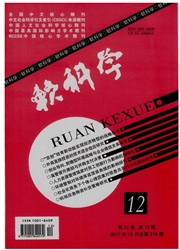

 中文摘要:
中文摘要:
研究了信息对称和不对称情形下过度自信的代理人的报酬契约设计问题,通过数理推导分析了过度自信对报酬契约设计的影响机制,包括对激励系数、努力水平、工资水平、代理成本、委托人次优期望效用的影响,并通过实验研究有效地验证了模型推导的结论。研究表明:代理人过度自信水平越高,要求的工资水平越高,风险分担系数越高,并且愿意付出更多的努力。委托人雇佣过度自信的代理人时不仅能增大委托人的次优期望效用,而且代理人本身得到的工资效用水平也是增加的,从而使代理成本有下降的趋势。
 英文摘要:
英文摘要:
This paper analyzes the compensation contract designs based on the agent' s overconfidence under symmetric and asymmetric information situations, and the influence mechanism of overconfidence to the compensation contract design is analyzed by mathematical method, including the effects on the incentive coefficient, the effort level, the wage level, the agency cost, and the principal' s secondary - optimal expected utility. The conclusion deduced from the mathematic model is supported by an experimental analysis. The results show that: the more confidence of the agents, the higher they demands for the wages, they shared more risk and willing to do more efforts. The principals' second optimal expected utility could be enhancement when they hired overconfident agents, and the agent cost would go down for the wage' s utility of the agents was improved as well.
 同期刊论文项目
同期刊论文项目
 同项目期刊论文
同项目期刊论文
 期刊信息
期刊信息
